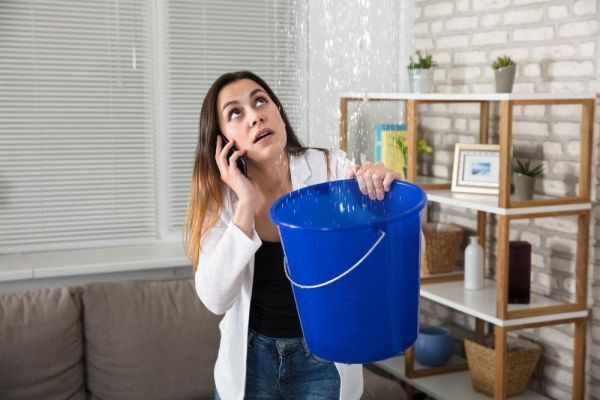Understanding Latent Defects in Maryland
 Did you recently purchase a new home? Have the summer thunderstorms and rains led to flooding in the basement? Did you experience a bathtub leak or electrical short after you moved in? Have your neighbors asked if you will be fixing the flooding in the backyard (that you didn’t even know about)? You could have a cause of action against the prior homeowner for latent defects in Maryland.
Did you recently purchase a new home? Have the summer thunderstorms and rains led to flooding in the basement? Did you experience a bathtub leak or electrical short after you moved in? Have your neighbors asked if you will be fixing the flooding in the backyard (that you didn’t even know about)? You could have a cause of action against the prior homeowner for latent defects in Maryland.
What Are Latent Defects in Maryland?
Maryland defines a latent defect as a material defect in property or an improvement to property that:
- A purchaser would not be reasonably expected to observe during a careful visual inspection of the property
- Would pose a direct threat to the safety or health of the purchaser or the occupant of the property
Lebovitz Law works on numerous cases involving latent defects in Maryland every year, and we can help you figure out your next steps. Depending on which realtor you worked with, you might be required to pursue mediation before filing a lawsuit in court. In that case, you would work with The Greater Baltimore Realty Board before being able to proceed.
How Can You Determine if a Defect is a Latent Defect in Maryland?
Many things that are wrong with a home can be easy to see during an inspection, but others are only known by the seller. Whenever a home seller lists a home, they must disclose the condition of their property and answer a broad range of questions like “Are there leaks or evidence of moisture on your roof” or “Are there hazardous materials on the property?” However, sellers can also choose a property “disclaimer” instead of disclosure. Regardless of which the home seller creates, they are obligated under state law to disclose any latent defects in Maryland.
Legal difficulties can arise when determining whether or not there is a latent defect. For example, Homeowner A purchased a new home and decided to start by renovating the basement and removing the wood paneling from the walls. Unfortunately, when he removed the paneling, he found a mold infestation. In this case, how can you determine whether or not the seller had knowledge of the mold that they failed to disclose? A skilled attorney can help to sort through the evidence and determine whether or not you could be eligible for recourse.
Get Help with Latent Defects in Maryland with Lebovitz Law
If you are searching to determine whether or not a problem with your new home is a latent defect, Lebovitz Law can help. To learn more about how we can assist you, please contact us today.
